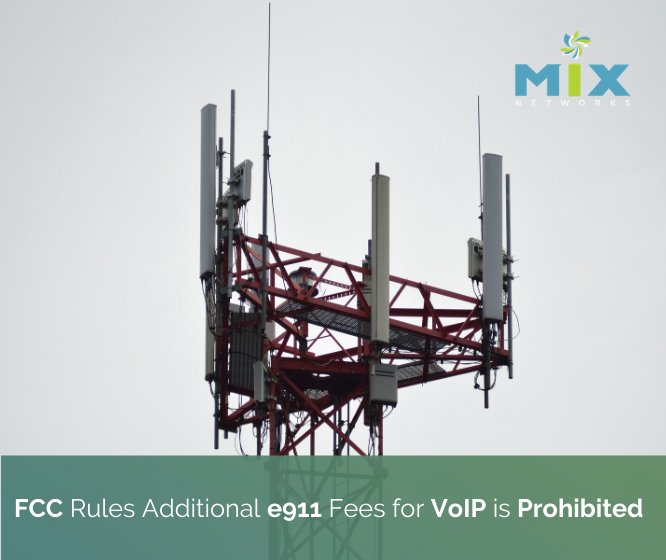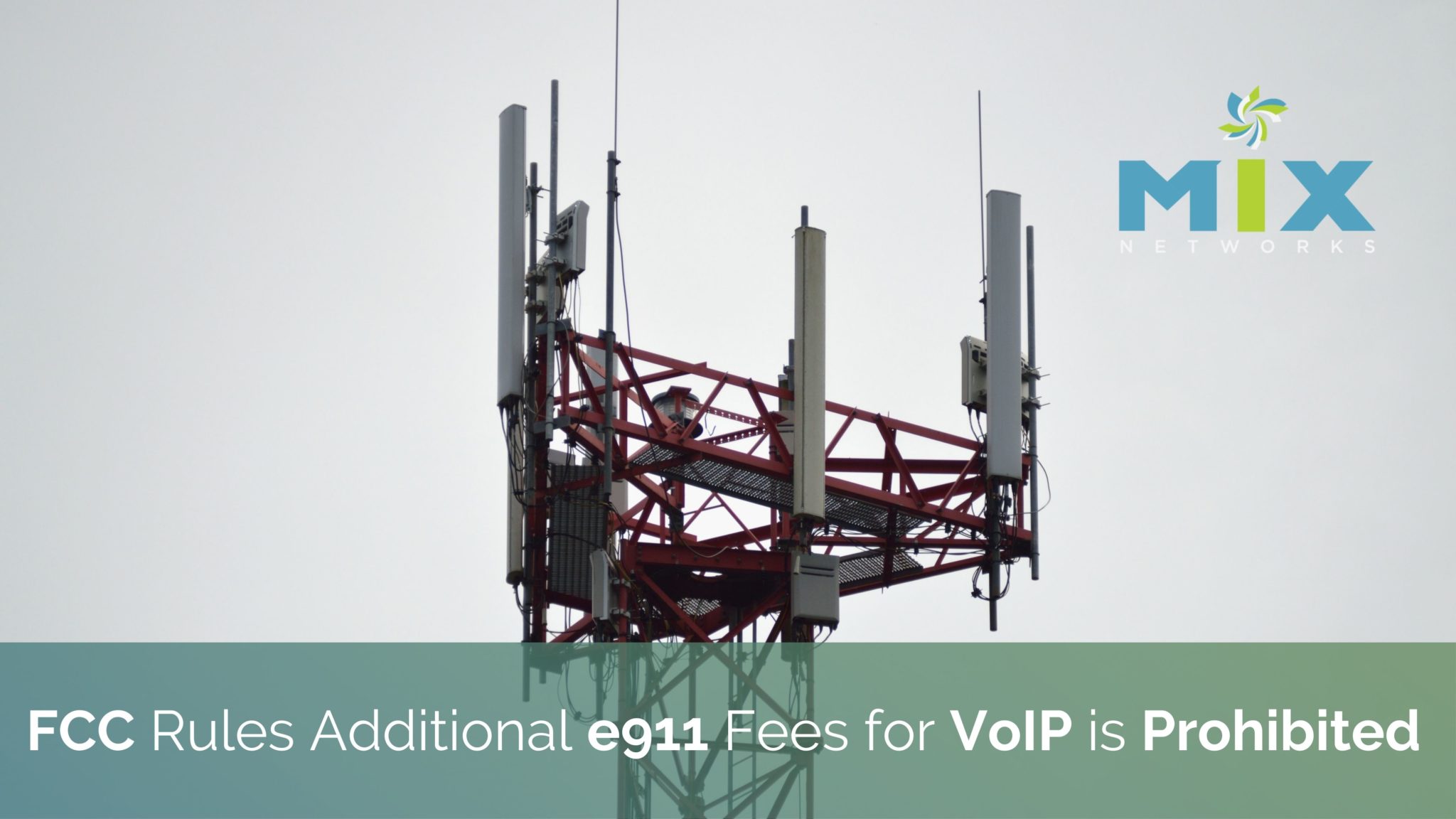Last week the FCC convened to discuss section 6(f)(1) of the New and Emerging Technologies 911 Improvement Act of 2008 or Net 911 Act. Intended to promote a transition from PSTN legacy 911 infrastructure to newer, digital, and VoIP networks, the original act prohibited charging fees to VoIP users over the fees that are paid by traditional PSTN users.
After several 911 districts in Alabama sued telephony provider BellSouth for supposedly underbilling on specific 911 fees, the ruling was sent to the Alabama District Court, where BellSouth argued that the law in Alabama conflicts with the Net 911 Act and effectively resulting in higher 911 fees for VoIP users. BellSouth successfully argued for the jurisdiction of the suit be sent to the FCC, and Alabama’s court agreed.
Although the official final ruling has not been made public, it is expected to be the same as the draft that was circulated earlier this month. As a result of the FCC’s examination of the case, they determined that section 6(f)(1) does indeed prohibit any non-government agency from imposing 911 fees or charges that would result in a higher fee for VoIP services than the 911 fees for traditional subscribers. The interpretation of the section that would prohibit discrepancies in the nominal fees itself was rejected. Instead, the commission felt that parity in the total amount of the fees charged is more appropriate.
The ruling is timely considering the upcoming deregulation of the copper lines that the traditional telephony and 911 providers use to service their customers. While the declaration from the committee does not preempt any state laws on record, it does provide a precedent for future 911 fee disputes.







